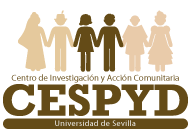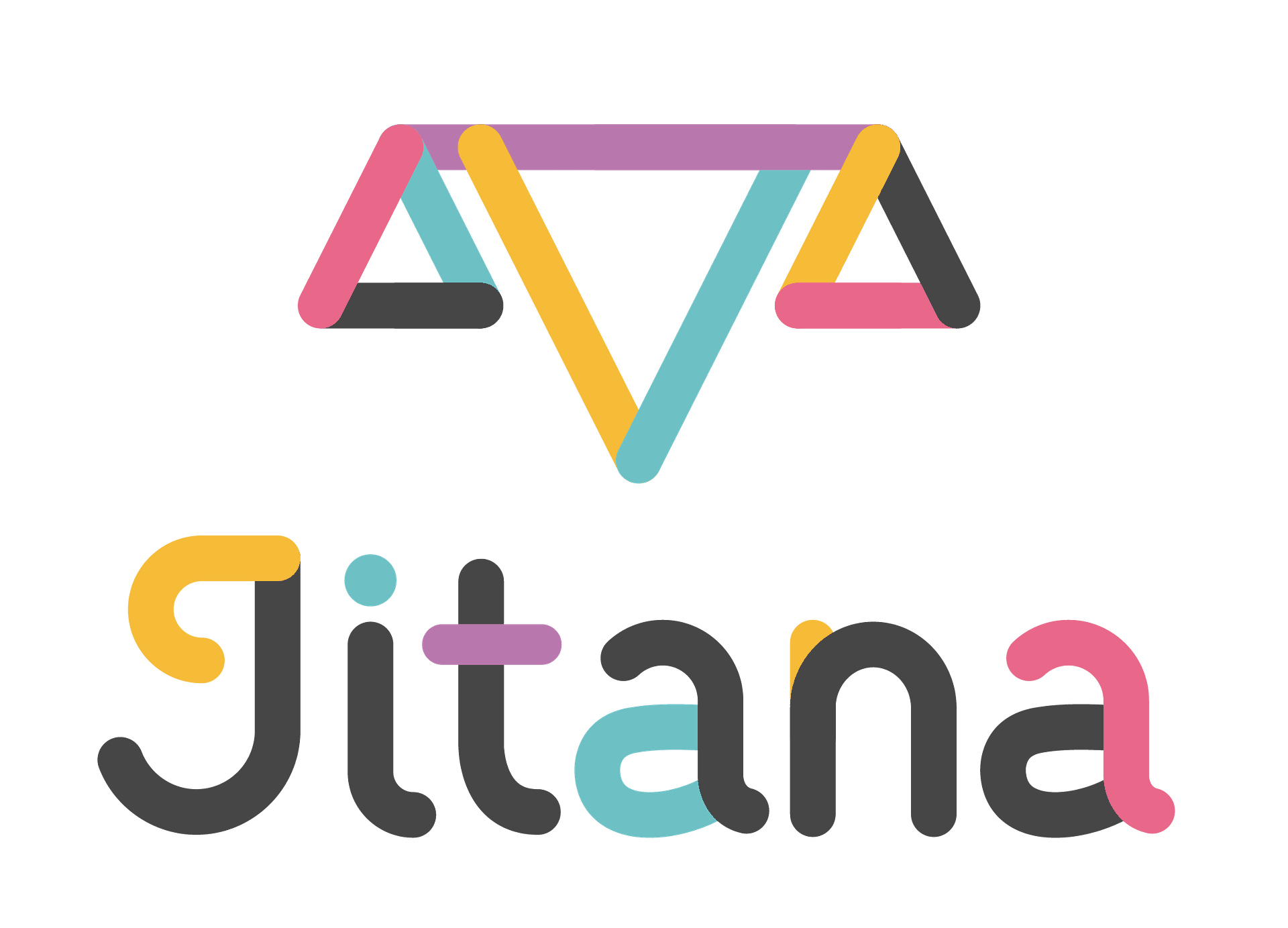
Research Project
[J]ITANA: A community-based participatory research-action on the rights of women leaded by Roma associations
Coordinators: Manuel García-Ramírez and Virginia Paloma.
Duration: Ongoing project.
Abstract: Spanish society faces the challenge of carrying out initiatives that consider Roma families and their teenage daughters, based on a human rights and gender perspective approach in the fight against anti-Gypsyism.
The conditions in which Roma women and adolescents live are framed upon the structural and intersectional phenomena that influence them. On the one hand, the most relevant are heteropatriarchal structures (still predominant today) which place all women (including Roma) in disadvantaged, discriminatory and unfair positions; and on the other hand, the existing structural and social anti-Gypsyism, which affects Roma women and adolescents with special virulence. It puts them in higher ratios of discrimination and inequality compared to society as a whole and with men of their own communities (according to studies and reports prepared by international and Spanish institutions).
Anti-Gypsyism, exclusion and poverty conditions in which many Roma families live in Spain make some of these adolescents choose marriage and motherhood before being prepared for adult life, and as the only future option. The scientific literature is consistent in stating that, under circumstances of structural marginalization, such as extreme poverty and anti-Gypsyism, adolescents who choose motherhood at an early age are exposed to greater risks of suffering domestic violence, discrimination in Social Protection systems; under conditions of job insecurity and economic exploitation.
The [J]ITANA project arises from the narratives of Roma women living in marginalized contexts, who have identified the important role those adolescent girls play in their community. [J]ITANA uses participatory-action research transforming organizations into empowering settings to identify their dreams for the future, give value and make their voices visible, turning their life stories into evidence to fight anti-Gypsyism, and include their vision and priorities in the feminist and equality agendas of the present and future.
J]ITANA is based on the principle that Roma families and their adolescent daughters have the talent and capacity to become involved in initiatives that advocate for their rights in order to build a better future. In turn, it assumes that Roma associations should guide and follow these processes.
[J]ITANA proposes a Community-Based Participatory-Action-Research process that aims to engage all sectors involved (families, adolescents, community, associations, researchers), recognizing the capacity of the Roma community itself to generate knowledge, skills and resources that allow them to prosper in their lives.
Different qualitative and quantitative techniques will be used throughout the project to achieve the proposed objectives. An evaluation process will also be carried out to document the scope, quality and sustainability of the changes in associations, families, adolescents, and social and community networks.
Photovoice is a methodology used in Participatory Action Research, where the participants, based on photos, find out about what they want to discuss and reflect on, about their lives and their community (using their own voices).
In [J]ITANA, girls will have access to photo cameras to reflect and discuss their realities and desires, developing a deep understanding of the contexts, spaces, resources and their role in the community.
Using photos, the participants will express their needs, the inequalities they live and their dreams for the future through their own voice.
Funded by:
Spanish Government. Ministry of Science, Innovation and Universities.


